The world of work is evolving at an unprecedented pace, driven by technological advancements, demographic shifts, and changing employee expectations. As we look towards the future, it’s crucial for organizations to adapt their talent management strategies to stay competitive and meet the emerging needs of the workforce.
Understanding the Shifts in the Work Landscape
The future of work is characterized by several key trends:
-
- Remote Work: A report by Gartner predicts that by 2023, 39% of the global workforce will be hybrid. The COVID-19 pandemic has accelerated this trend, making remote work a new norm in many industries.
-
- Gig Economy: The gig economy is expected to grow, with freelancers set to make up 43% of the workforce by 2023. This shift represents a more flexible approach to employment.
-
- Technological Advancements: 85% of the jobs that will exist in 2030 haven’t been invented yet, highlighting the rapid pace of technological change and the need for continuous skill development.
Strategies for Future-Ready Talent Management
1. Embrace Flexibility and Remote Work
To attract and retain top talent, companies must adapt to the growing demand for flexible work arrangements. This includes offering remote work options, flexible hours, and support for work-life balance.
2. Invest in Continuous Learning and Development
With the rapid pace of technological change, continuous learning is no longer optional. LinkedIn’s 2020 Workplace Learning Report revealed that 94% of employees would stay at a company longer if it invested in their learning and development.
3. Leverage Technology for Talent Acquisition
AI and machine learning are revolutionizing talent acquisition, making it more efficient and effective. One survey shows that 76% of hiring managers believe AI is a critical tool for sourcing candidates.
4. Foster a Culture of Innovation and Agility
In a fast-changing business environment, fostering a culture that embraces innovation and agility is key. This involves encouraging creative thinking, experimentation, and a willingness to take calculated risks.
5. Prioritize Employee Well-being
Employee well-being is increasingly recognized as critical to productivity and retention. A study by Deloitte found that organizations with wellness programs reported 11% higher revenue per employee.
6. Prepare for the Gig Economy
The rise of the gig economy requires a shift in talent management strategies. This includes creating policies and systems to manage and integrate freelance talent into the workforce effectively.
The future of work presents both challenges and opportunities for talent management. Organizations can successfully navigate the changing work landscape by embracing flexibility, investing in continuous learning, leveraging technology, fostering a culture of innovation, prioritizing employee well-being, and preparing for the gig economy.
Ready to future-proof your talent management strategy? Contact kpCompanies for expert guidance and innovative solutions tailored to the evolving needs of your workforce. Reach out to us today to prepare for the future of work.
Join our newsletter!
Join our Talent Hub and get resources, insights, opportunities and networking opportunities straight to your inbox!






